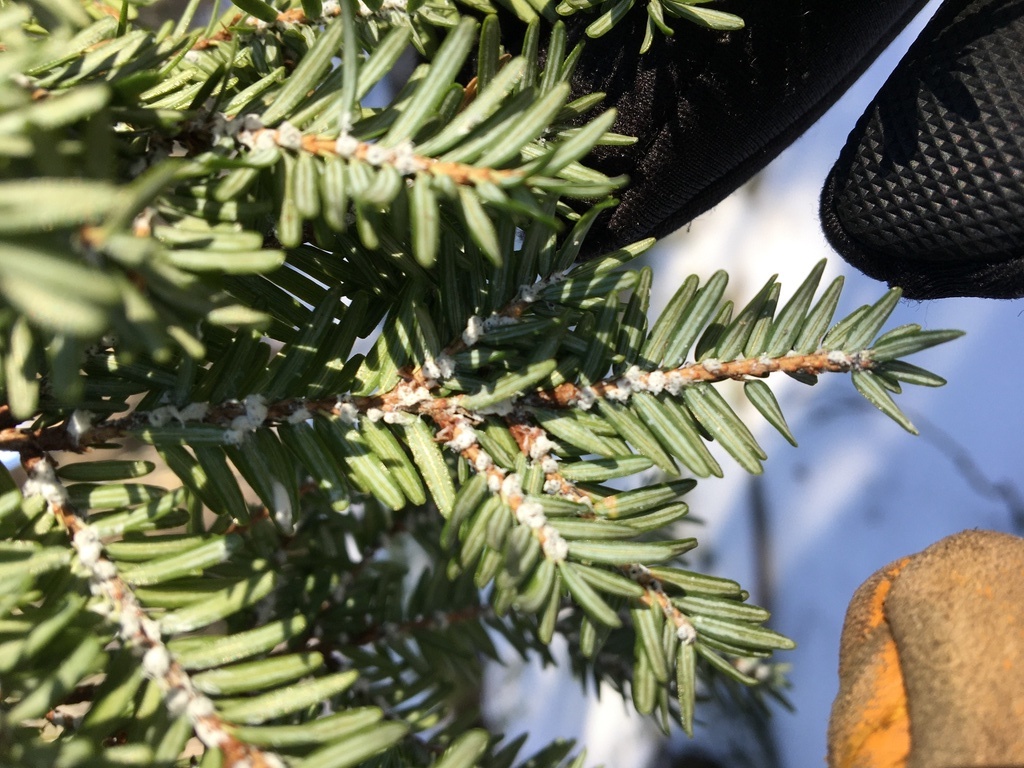Project Overview

Climate change, invasive plants, and forest pests are rapidly changing forested ecosystems in the seven-state FEMC region. Detecting these changes early is critical to implementing cost-effective management and limiting the impact of disturbances. However, many forest disturbances likely go undetected until it is too late for cost-effective management because current monitoring protocols are labor intensive, focus on small monitoring plots which often miss invasive species, and require specialized skills. An early-detection system that can be applied over large spatial scales is needed to help protect forests and improve management of invasive species. Here, we help fill this critical monitoring gap by engaging and inspiring the large, rapidly growing, number of citizen scientists already interacting with protected areas. This project will be co-directed with the Maine Coast Heritage Trust (MCHT) who manages over 170,000 acres of land in over 150 preserves in coastal Maine. Together, we will develop an automated early-detection system that communicates observations and locations of species of management priority to forest managers that are reported in or near the 150+ preserves. We will supplement the general influx of citizen science data with organized bioblitzes at MCHT properties that also serve to train and encourage a diversity of volunteer monitors. This early-detection system can continue indefinitely with minimal effort, and can be transferable to any protected area.
Objectives
Connect managers/stewards to citizen science databases to improve early detection of invasive plants and forest insect pests and diseases.
Dataset Availability
There are no datasets associated with this project
Tags
No tagsStatus - Completed
Start date: 2024-08-30
End date: 2025-08-29
Study Area

